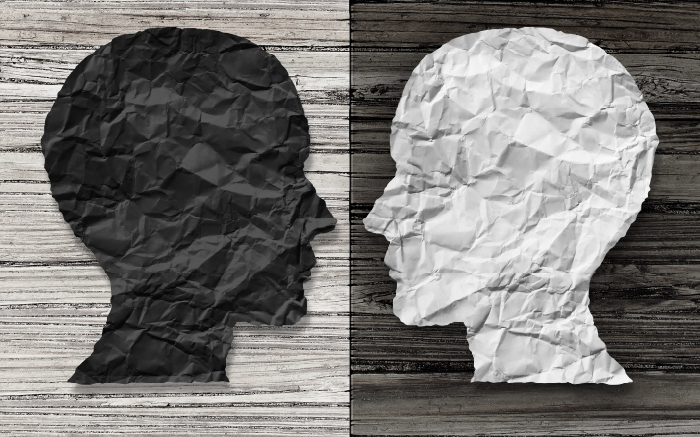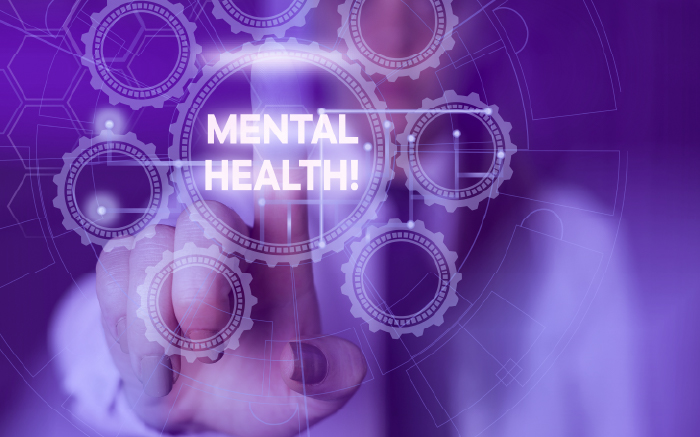In recent years, online psychiatric services have emerged as a promising alternative to traditional in-person mental health care.
This shift has been particularly significant for individuals with Attention Deficit Hyperactivity Disorder (ADHD) and Bipolar Disorder, two conditions that require ongoing management and support.
But how effective are these virtual services in addressing the complex needs of patients with these disorders?
This article explores the effectiveness of online psychiatric services for those with ADHD or Bipolar Disorder, examining the benefits, challenges, and overall impact on patient care.
Our goal is to provide clear, compassionate insights to help you navigate your mental health care options.
Understanding Online Psychiatric Services
Online psychiatry, or telepsychiatry, provides mental health services through digital platforms.
These services typically include initial consultations and diagnoses, medication management, psychotherapy sessions, and follow-up appointments.
Patients connect with licensed psychiatrists via video calls, phone conversations, or sometimes text-based chats.
Online psychiatry is changing mental health care for the better.
It makes quality care easier to access, especially for people in remote areas or those with mobility issues or other disabilities.
Patients can now get help from home, fitting appointments into their busy schedules without disrupting work or personal life.
There’s no need to travel, saving time, money, and making it easier for many to stick to their treatment plans.
Online care also allows for more frequent check-ins, enabling closer monitoring and timely adjustments to treatment plans.
While online psychiatry does face some challenges, such as the need for reliable technology, ongoing advancements in telemedicine continue to address these limitations, making virtual psychiatric care an increasingly effective option for many patients.
Effectiveness for ADHD Treatment
ADHD stands for Attention Deficit Hyperactivity Disorder.
People with ADHD often have trouble focusing, might be overly active, and sometimes act without thinking.
These challenges can affect their daily life, work, and relationships.
Treating ADHD usually involves two main approaches: medication to help manage symptoms and therapy to learn helpful strategies.
But how well does this work when done online?
Let’s look at how online psychiatric services go about handling ADHD treatment:
Diagnosis and Assessment
Diagnosing ADHD online has its pros and cons.
Virtual assessments typically include structured interviews, symptom questionnaires, and behavioral observations.
Recent studies suggest that telepsychiatry assessments for ADHD can be reliable when conducted by experienced professionals using standardized tools.
However, things like the patient’s age, how severe their symptoms are, and input from family or teachers can affect how accurate the diagnosis is.
While online assessments may miss some subtle cues that in-person evaluations can capture, they can still provide valuable diagnostic information when properly conducted.
Medication Management
Online medication management for ADHD has shown promising results.
Psychiatrists can start patients on medication and adjust the dose through video calls.
This means patients can check in more often, which helps doctors catch any side effects quickly and ensure the medicine works well.
They can change the dose when needed, as well. But there’s a catch: some ADHD medications are controlled substances, which means there are strict rules about prescribing them.
These rules can differ depending on where you live, so Doctors and patients must carefully follow all the legal rules when managing ADHD medication online.
Effectiveness for Bipolar Disorder Treatment
Bipolar Disorder causes big mood swings.
People with this condition have times when they feel very high and energetic (called mania) and times when they feel very low (depression).
Treating Bipolar Disorder usually involves medicine to balance moods, therapy to understand and manage the condition, and lifestyle changes.
Let’s see how online care works for people with Bipolar Disorder:
Diagnosis Challenges
Online tools have greatly improved the diagnosis of Bipolar Disorder.
Skilled online doctors use advanced techniques to spot the signs, even when mood swings aren’t immediately apparent.
They conduct in-depth video interviews and use specialized mood-tracking apps, which can reveal patterns over time that might be missed in a single in-person visit.
This ongoing monitoring can be an advantage of online care.
Doctors often schedule several online meetings, allowing them to observe changes and gather more information than they might in a one-off office visit.
They can also easily involve family members in the process, getting valuable insights into the patient’s history and day-to-day behavior.
Online platforms also make it simple to securely review past medical records, ensuring a thorough and well-informed diagnosis.
With these tools and approaches, online diagnosis of Bipolar Disorder can be just as effective as in-person assessment, and in some ways, even more comprehensive.
Medication Management
Online care shows promise for managing Bipolar Disorder medicines.
Doctors can check in regularly through video calls to see how stable a person’s mood is.
They can ensure the medicine works and catch any side effects early.
If needed, they can quickly change the dose or switch medicines.
Comparative Effectiveness: Online vs. In-Person Services
Research comparing online and in-person psychiatric care for ADHD and Bipolar Disorder is still developing.
For ADHD, some studies show that online assessments can be as accurate as in-person ones when using standard tools.
Diagnosing Bipolar Disorder online is still more challenging, but structured methods are helping to improve accuracy.
Early research suggests that for many patients, online treatment can work just as well as in-person care.
This is especially true for managing medications.
Interestingly, online services often see patients sticking to their treatment plans better.
This might be because accessing care from home is more convenient.
Online care can also be cost-effective for both patients and healthcare systems, with many services offering a monthly rate that is easy to keep track of.
However, it’s important to consider the initial costs of technology and the possible need for in-person follow-ups.
Embracing the Future
Living with ADHD or Bipolar Disorder can be challenging, but online psychiatric services are opening doors to care that were once out of reach for many.
It’s bringing help right into people’s homes, making it easier to get support when it’s needed most.
While diagnosing complex conditions can be tricky without face-to-face contact, for many people, access to online psychiatric services has become a game-changer.
It fits into busy lives, cuts out travel time, and can feel less intimidating than walking into a doctor’s office.
Ready to take the first step towards better mental health? Platinum Psychiatry is here to help.
Our experienced team offers convenient, compassionate online care for ADHD and Bipolar Disorder.
Don’t let distance or busy schedules stand in the way of your well-being.
Schedule your confidential online consultation today and start your journey to improved mental health from the comfort of your own home.
Looking for a Psychiatrist in Peoria, AZ?
Experience compassionate and expert care with Platinum Psychiatry. Our dedicated team provides personalized mental health support, offering a range of psychiatric services tailored to your needs.
Contact us today or click the Get Started button at the top of the page to schedule your consultation now!






